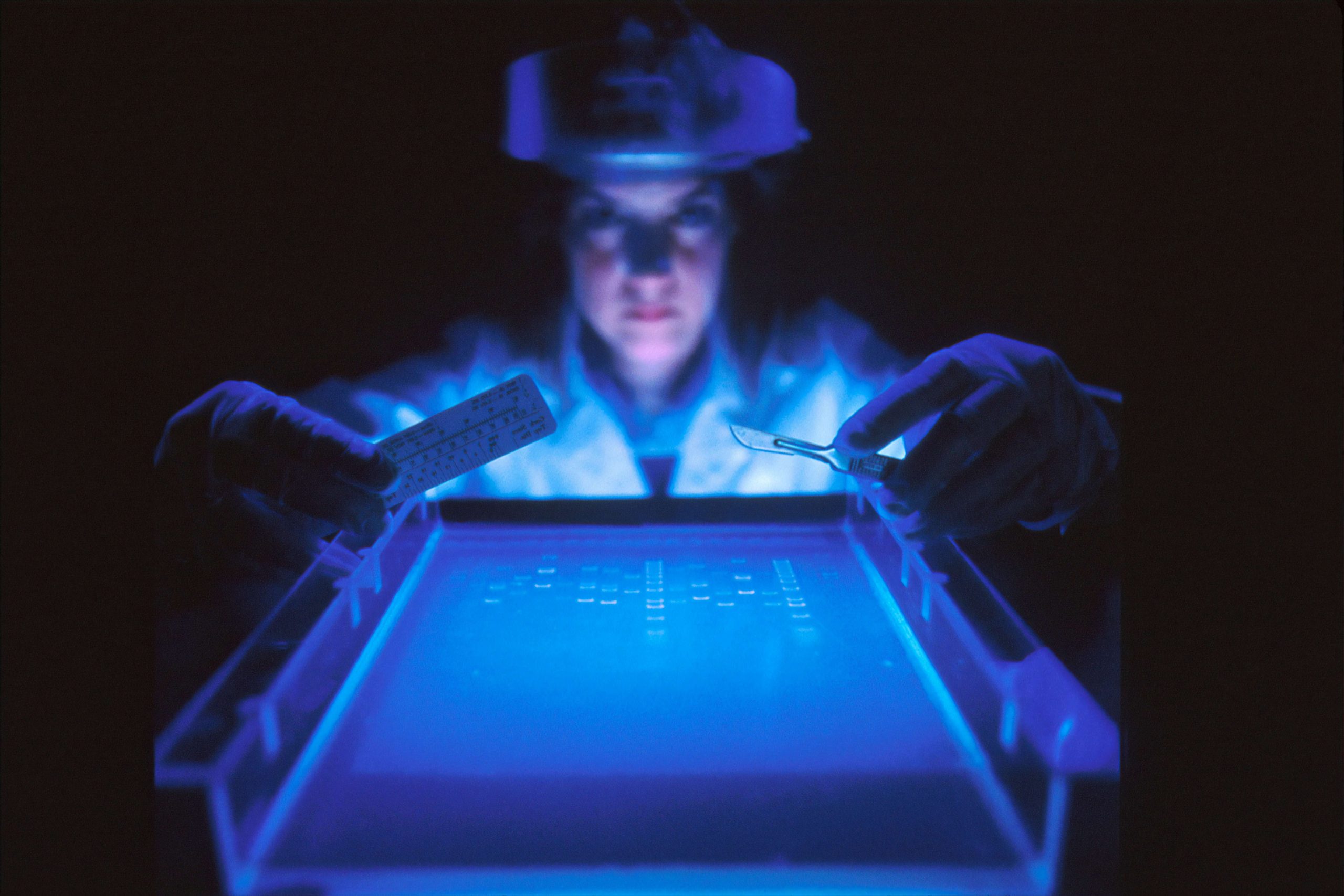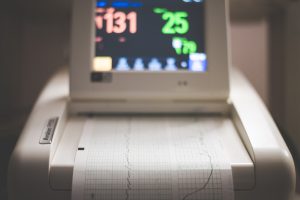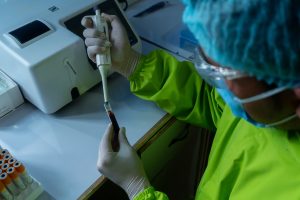Relevant Trends
Trends In Healthcare - From Xpert Eyes

04TH December 2022
As the world storms into the next digital age, one sector is set to benefit more than most from the advancing medical technologies and new healthcare innovations. Whether from better data sharing and analysis, advanced system monitoring, patient record-keeping or advanced research into pharmaceuticals, the ability of healthcare practitioners to keep us alive for longer, while improving the quality of care has never looked brighter.
The COVID pandemic inspired urgent and increased funding into digital healthcare systems and tools for professionals, but also the general public. Populations worldwide embraced major behavioural change when it came to accepting health consultations via Zoom; making appointments on their smartphones, and downloading monitoring and tracking apps.
This intense, real-time experiment inspired $57.2 billion in health tech funding in 2021, a massive increase of 79% on 2020 investment levels, according to global tech M&A specialist, Hampleton Partners’ Healthtech Report.
Here are just some of the medical technology advances we have to look forward to:
Telecardiology Trends In Patient Monitoring & Tracking
Telecardiology Patient Monitoring
Patient monitoring has been a mainstay of healthcare for decades. However, recent advances in telecardiology have led to the development of new and improved patient monitors that offer a wide range of benefits to both patients and healthcare providers.
Telecardiology Patient tracking
With the widespread adoption of telecardiology, there are now several new ways for hospitals to track their patients’ progress. These include the ability to:
-
Remotely monitor ECG – electrocardiography readings from home;
-
Track high-risk groups, such as patients who are immunocompromised or on medication that is known to affect heart rate;
-
Remotely monitor ECG readings from home.
Public sector efficiency
Telecardiology has also had a significant impact on public sector efficiency. Nowadays, it is possible for emergency services teams (e.g.fire brigades, ambulance services) to access patient data and CCG readings in real-time via cloud technology, allowing first responders to improve the chance of patient survival when responding to an incident. Emergency teams can read about a patient’s well-being ahead of arrival at the incident and plan an appropriate response, saving vital time and reducing the risk of longer-term health issues.
IT services in Healthcare
Hospital IS/ERP Admin Systems
Accurate and easily accessed patient information is core to any successful hospital information system. These centralized Information Service and Enterprise Resource systems provide centralized patient and administrative data storage for entire hospitals, hospital groups or trusts in the UK and worldwide.
This data is used to manage patients, admissions and discharges, medical records, billing and reimbursement, inventory and supply-demand forecasting, financial management, human resources management, facilities management and planning, quality assurance, purchasing and contracting with vendors.
Clinical Information Systems (patient care)
Clinical information systems track patient data in real-time across multiple departments, including registration/admissions, labs/radiology/imaging (Radiology), pharmacy/pharmacy services (Pharmacy), surgery scheduling/operating room (Scheduling), emergency department triage/triage nurse station (Triage), critical care areas (CCU), intensive care units (ICU), etc.).
The CIR System allows medical professionals to see all patient information at once, which helps them make decisions more efficiently, saving resources, time and improving overall levels of care.
Advanced research in Pharmacology
Carbapenem-Resistant Organisms (CROs)
In a world where antibiotic resistance is a growing problem, it may seem like there’s no way to fight back. But that’s not the case. Some bacteria can actually be used to help us fight antibiotic-resistant organisms.
These bacteria are called carbapenem-resistant organisms (CROs), and they were discovered in 2001 by two researchers from the University of Oxford. These CROs can destroy some of the most powerful antibiotics in existence, and they do it using enzymes that break down the structure of these powerful drugs.
This is important because it means we can use this ability as a tool to help us fight antibiotic resistance. By introducing CROs into an environment where they are likely to find the drug they need to destroy, doctors can give patients CROs to get rid of those harmful antibiotics that may cause patients long-term harm!
DMT In Depression Treatment
Depression is on the rise, and more effective solutions must be found quickly to address an approaching depression epidemic worldwide. According to the NHS – From 2021-22, there was a 5% rise in the number of adults receiving antidepressants – from 7.9 million in the previous 12 months to 8.3 million. DMT (Di-Methyltryptamine) is a psychedelic compound that occurs naturally in the human brain. It’s been used as an alternative treatment for depression, anxiety, and PTSD.
The main reason DMT is being seen as an alternative treatment is its side effects on the brain. DMT causes hallucinations, which can help treat mental disorders like depression. The hallucinations can help patients open up about their feelings and experiences without fear of judgement or criticism.
One study showed that after only one dose of DMT, 80% of participants no longer met the criteria for depression after 24 hours.
Virus Variant Testing & Modelling
Virus variant testing and modelling is important because it allows us to understand the changes that are occurring in a virus, and what form it will take next. This knowledge can be used to predict the next steps of a virus, so that we can implement a strategy for fighting against it.
Viruses are constantly evolving, and this evolution can happen at an alarming rate. The reason for this is simple: viruses are trying to survive in a world dominated by humans who are constantly fighting back. As soon as one method of defense fails, the virus will adapt and find another way around it.
The COVID outbreak in 2019 was especially notable because it led to an advancement in the technologies used for testing and modelling viruses. The new methods allow us to test viruses more quickly than ever before, which means that we can get ahead of them before they become too widespread or dangerous.
What The Future Holds For Healthcare
As we see from the examples above, there are fantastic advances in healthcare, due in large part to the integration of technological advances.
Technological advancements have already made great strides in the healthcare sector, and companies are developing innovative new methods to collect data, monitor patients and improve the efficiency and efficacy of medications. The end result is making healthcare a whole lot better; as these programs advance will only continue to improve patient well-being and improve the operation of hospitals.




